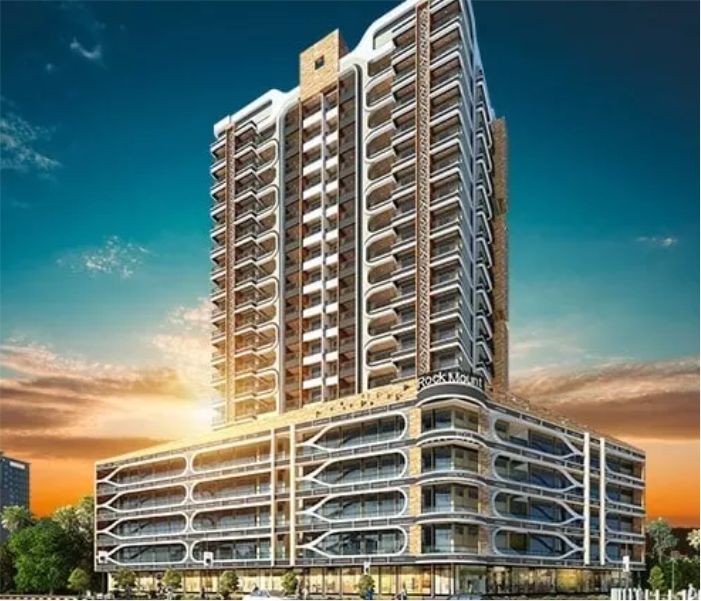
MahaRERA Proposes Self-Declaration: Realty Developers to Verify Project Quality
The Maharashtra Real Estate Regulatory Authority (MahaRERA) has put forward a significant proposal aimed at enhancing transparency and accountability in the real estate sector. Under this proposal, realty developers operating in Mumbai would be required to submit an annual self-declaration regarding the quality assurance of their projects.
This self-declaration would encompass a comprehensive evaluation based on various critical parameters. These parameters include but are not limited to structural design, stability, testing procedures, quality of input materials, and the overall quality of workmanship.
By mandating such a self-assessment, MahaRERA aims to ensure that developers maintain high standards throughout the construction process and adhere to stringent quality benchmarks. This move is expected to bolster consumer confidence and trust in the real estate market by providing greater transparency and accountability.
Furthermore, the proposal underscores MahaRERA's commitment to safeguarding the interests of homebuyers and promoting a culture of quality and reliability within the industry. It signifies a proactive step towards addressing concerns related to project quality and reinforces the authority's role in regulating the real estate sector effectively.
Overall, the introduction of this self-declaration mechanism reflects a proactive approach by MahaRERA to instill greater accountability and foster a culture of excellence among real estate developers in Mumbai. It is poised to usher in a new era of transparency and trust, ultimately benefiting both developers and consumers alike.
The Real Estate (Regulation and Development) Act, 2016, commonly known as RERA, has been a game-changer in the Indian real estate sector, introducing a plethora of provisions aimed at protecting the interests of homebuyers and promoting transparency and accountability among developers. One such crucial provision under RERA pertains to defect liability, which serves as a safeguard for flat purchasers' rights.
According to RERA, developers are held accountable for rectifying any structural defects that emerge within the initial five years after the possession of the property. This provision ensures that homebuyers are not left grappling with unforeseen issues post-possession and provides them with the assurance that developers are legally obligated to address any such concerns promptly.
Structural defects encompass a wide range of issues that may compromise the safety, stability, or functionality of the property. These defects could include problems related to the building's foundation, structural integrity, plumbing, electrical systems, or any other aspect that affects the habitability or structural soundness of the property.
Upon the identification of any such defects, the flat purchaser is entitled to notify the developer, prompting them to initiate the rectification process. As per RERA guidelines, developers are required to rectify these defects within a stipulated timeframe, typically 30 days, and at their own expense. This ensures that developers remain accountable for the quality and durability of the properties they deliver to buyers.
The defect liability provision not only safeguards the rights of homebuyers but also incentivizes developers to uphold high standards of construction and craftsmanship. It underscores the importance of delivering structurally sound and defect-free properties, thereby enhancing consumer confidence in the real estate market.
Moreover, the inclusion of such a provision reflects the proactive approach of RERA in addressing the prevalent challenges and grievances faced by homebuyers in the past. By establishing clear guidelines for defect liability, RERA aims to foster a more equitable and transparent relationship between developers and buyers, ultimately contributing to the overall growth and sustainability of the real estate sector in India.



Recent comments(0)